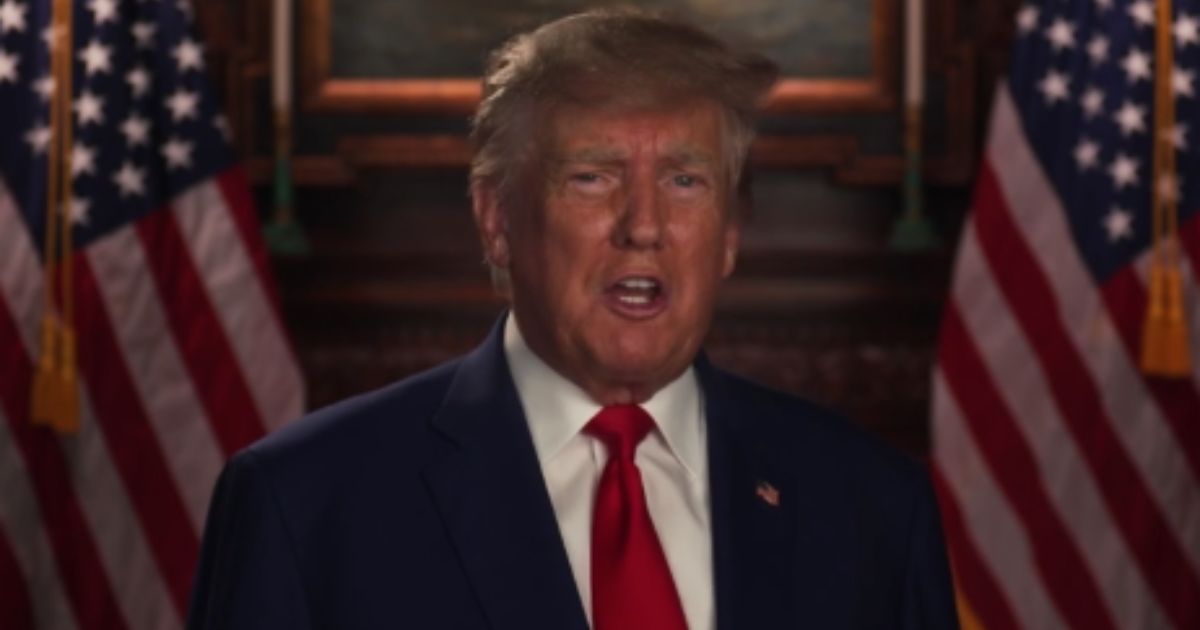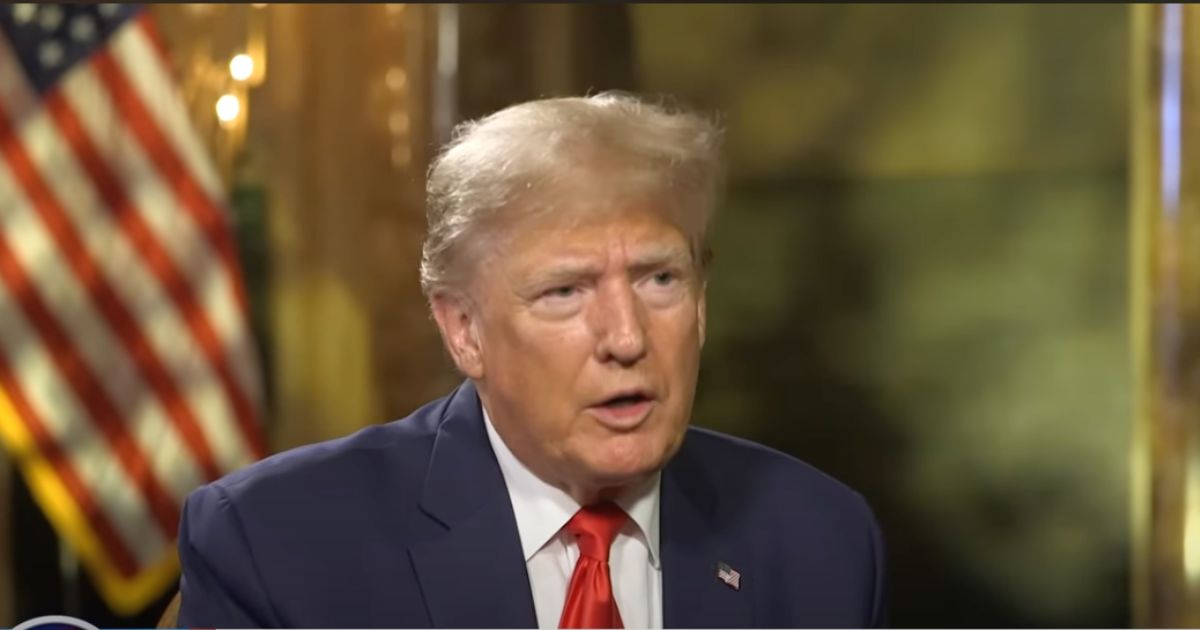Judge Aileen Cannon Approves Temporary Halt in Trump's Classified Documents Case
Amid unfolding legal narratives, U.S. District Judge Aileen Cannon has sanctioned a provisional hold on the classified documents trial involving former President Donald Trump.
In a recent turn of events, the trial was postponed to assess the implications of a recent U.S. Supreme Court decision on presidential immunity, as the Washington Examiner reports.
The legal maneuvers began late last week when Trump's attorneys filed a motion for a delay. They argued that the recent Supreme Court ruling on presidential immunity necessitates a thorough evaluation to determine its bearing on the former president's case.
Impact on Specific Legal Deadlines
The delay impacts several forthcoming deadlines crucial to the trial’s proceedings, including those relating to Rule 16 disclosures.
Moreover, other affected deadlines include a discovery cut-off and required submissions from special counsel Jack Smith's team, both originally scheduled for July 10.
These will now be reevaluated following new submissions and arguments arising from the delay motion.
Supreme Court Decision and Its Implications
The crux of the delay is steeped in the broader discussion about presidential immunity, a matter recently deliberated by the Supreme Court.
While the specific legal ramifications of this decision are still being assessed, it could potentially influence the outcome of this trial relating to actions taken during Trump’s presidency.
Trump’s legal stance, articulated through their submissions, underscores the gravity they ascribe to these recent developments.
The defense emphasizes the need to shield presidential prerogatives from "unconstitutional investigations and prosecutions," reflecting deep concerns over the legal precedents that might be set.
The defense quotes various remarks by President Biden, suggesting a rush to trial that they claim ignores established Justice Department policies and undermines the objectivity of the legal process.
Broader Context and Implications
This legal delay is not isolated. A similar postponement was secured by Trump’s team in relation to his criminal sentencing in New York. The same underlying Supreme Court decision was cited, displaying a concerted strategy to reassess several ongoing legal battles in light of this new judicial interpretation.
The legal discourse extends beyond the tangible deadlines and into interpretations of executive privilege and immunity that have longstanding implications for presidential conduct. This underscores a pivotal moment in U.S. judicial history, where past and future presidential actions may be re-evaluated under new legal perspectives.
Additionally, Trump’s attorneys criticize what they perceive as politically motivated prosecutions, reflecting a tense atmosphere surrounding these high-profile cases.
Public and Political Reactions
The societal and political reverberations of this decision are palpable. Public statements by current and former political figures paint a complex picture of expectations and concerns that intersect legal and electoral dimensions.
Citing unspecified comments made by President Biden, Trump's defense argues that the judicial process is being unduly expedited. This assertion underscores a broader critique of the judicial handling of cases tied to former political figures, providing fuel for ongoing public and scholarly debate.
Lastly, the public’s attention to this case is further intensified by the timing of upcoming elections, with implications that reach far into the American political landscape. The commentary by defense counsel that the American electorate deserves answers before elections highlight the interplay between legal proceedings and democratic processes.
In conclusion, Judge Aileen Cannon’s decision to delay the trial on classified documents against Donald Trump is a crucial juncture, influenced by broader legal debates on presidential immunity. The affected deadlines, pending legal interpretations, and broader political narratives all contribute to a landscape of uncertainty and anticipation. As this situation evolves, it will undoubtedly continue to attract significant legal scrutiny and public interest.





